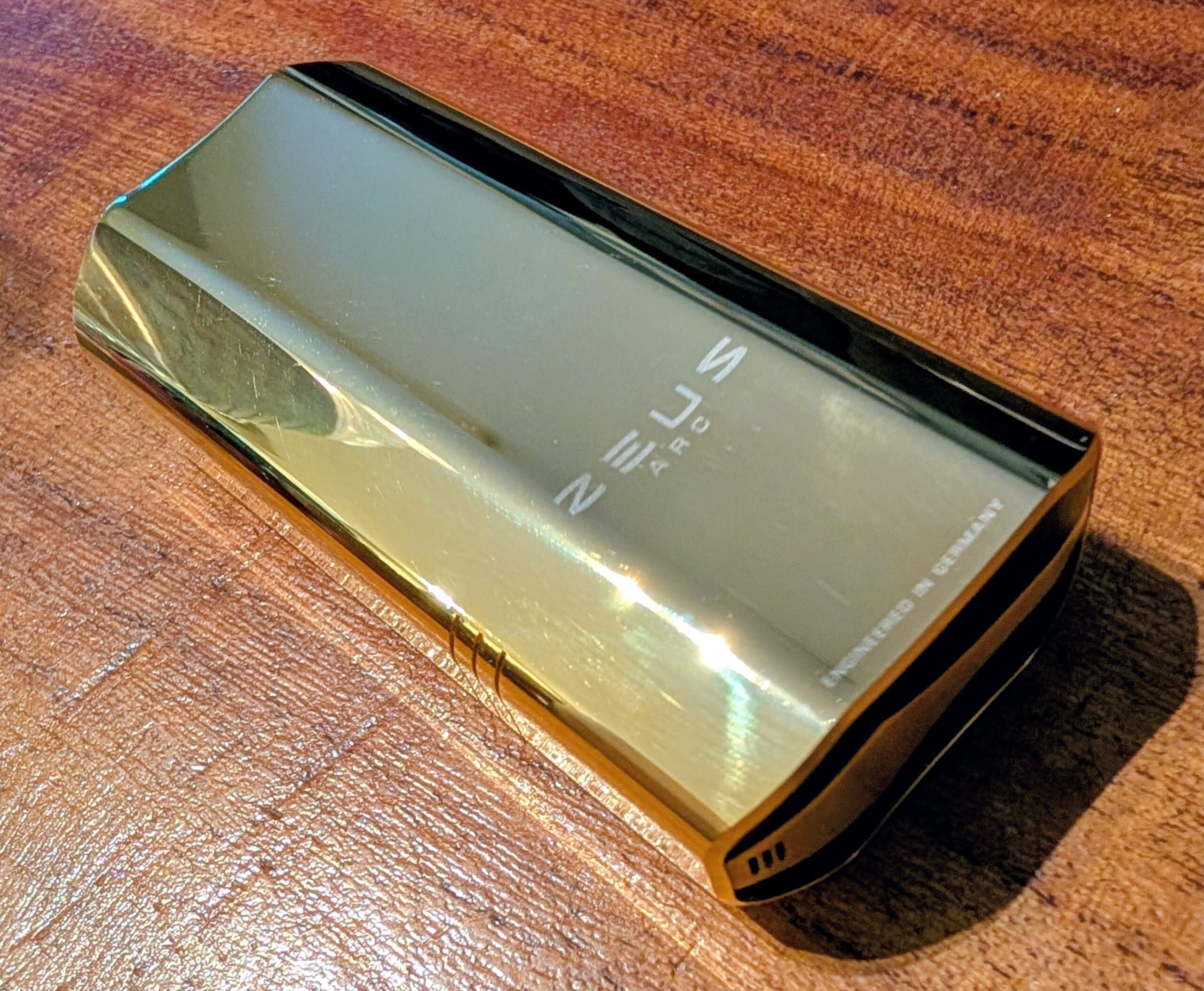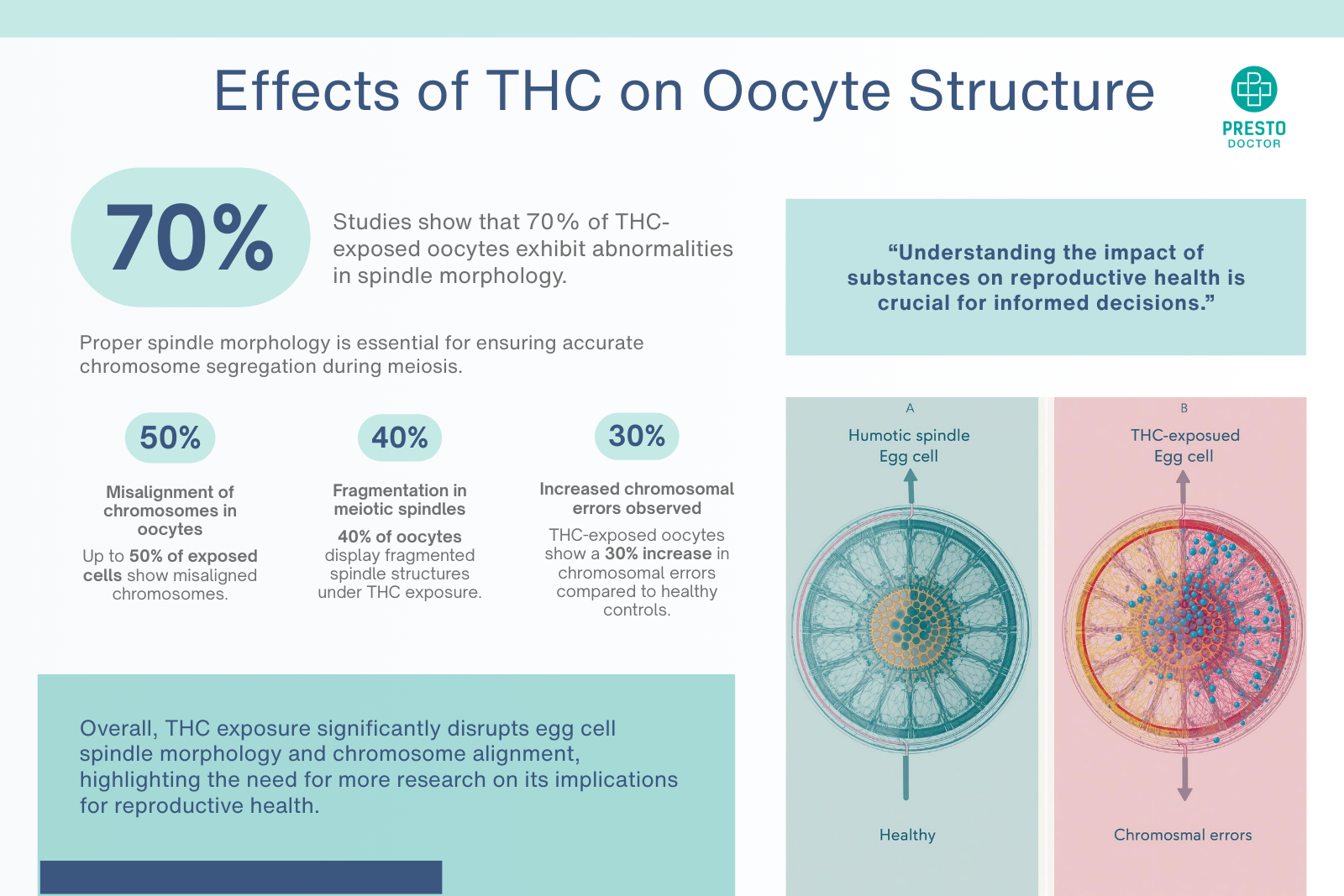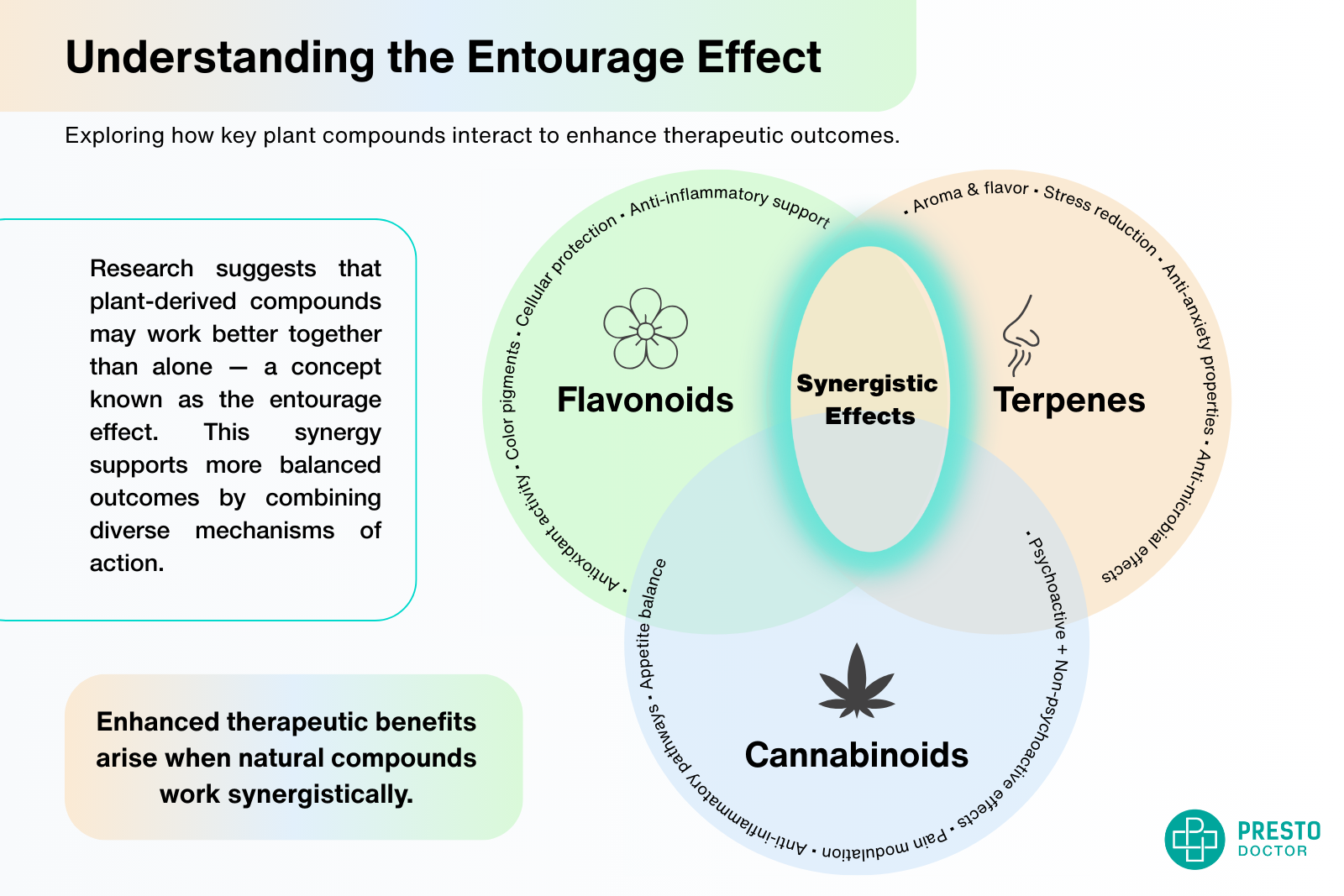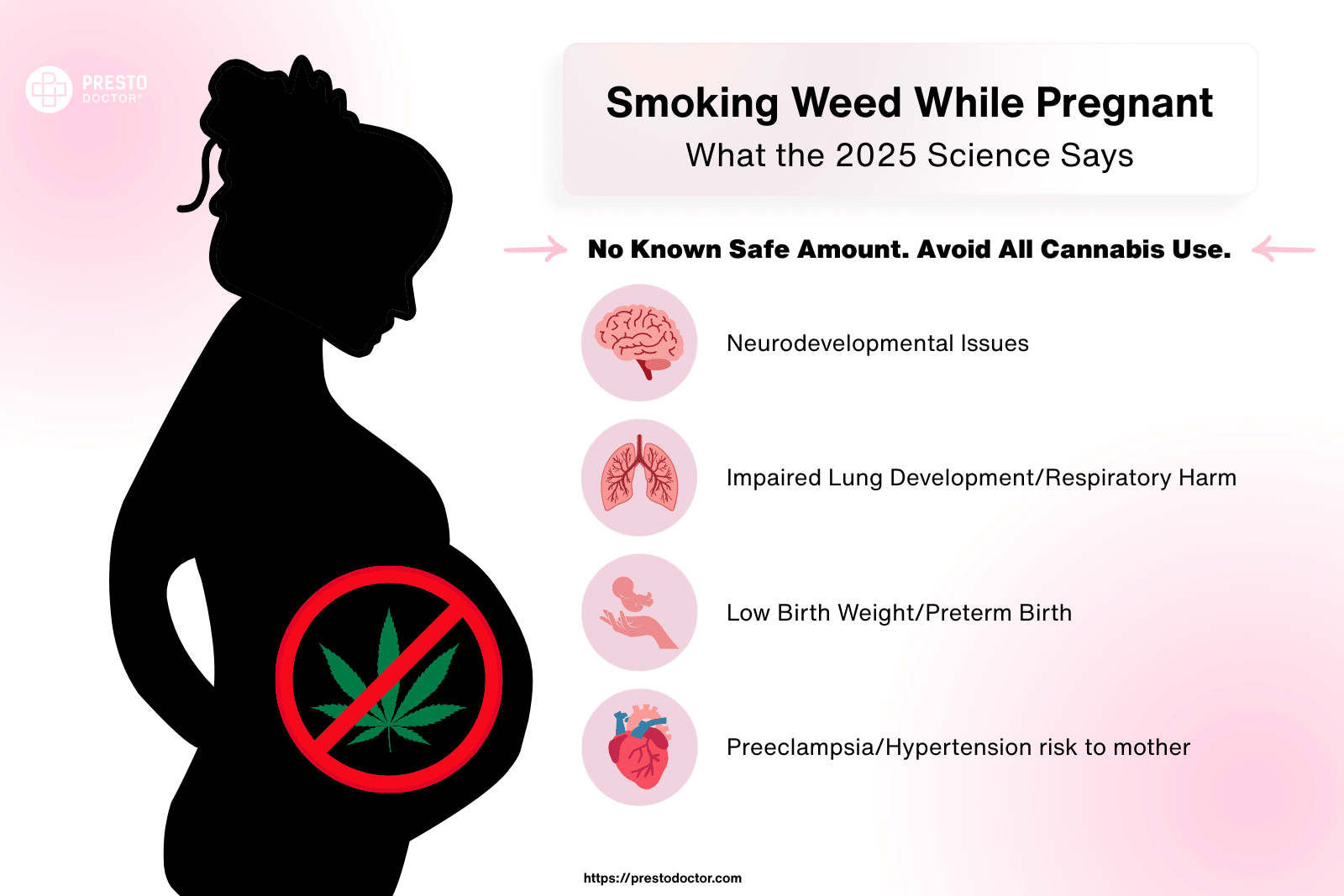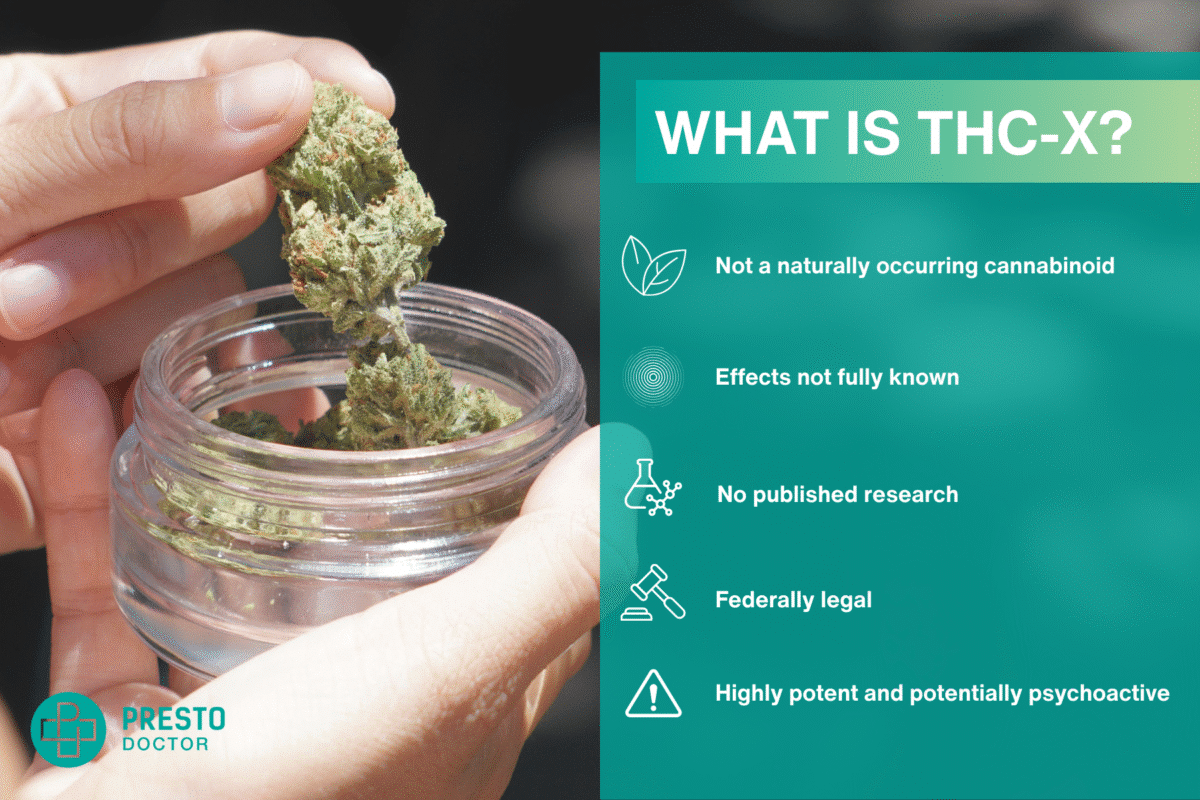
If you’ve seen THC-X (sometimes written as THC X or THCx) in dispensaries or online, you’re probably wondering what it really is. Is THC-X a natural cannabinoid? Is it safe? And is THC-X legal in your state? Looking for THC-X reviews? Here’s everything you need to know about THC-X effects, legality, and safety, plus how it compares to other cannabinoids (THC-X vs THC, etc.).
What Is THC-X?
Despite its futuristic name, THC-X is not a naturally occurring cannabinoid like Delta-9 THC or CBD. Instead, it’s usually a marketing term for a blend of synthetic THC esters, often made from hemp-derived Delta-8 THC.
- It does not have a standardized chemical structure.
- Each manufacturer may use a different blend of esters or minor cannabinoids.
- It’s therefore more of a brand-driven mixture than a single compound.
This lack of standardization is why THC-X products can vary greatly in potency, effects, and safety vs tested cannabinoids like THC.
THC-X Effects: What Does It Feel Like?
Because there’s no one formula for THC-X, effects can differ depending on the product. Most consumers and brands describe the effects of THC-X as:
- Milder than Delta-9 THC
- Similar to Delta-8 THC — calming, relaxing, but still psychoactive
- Sometimes stronger, if blended with analogs like THCP or THC-O
In other words, the feeling depends entirely on the blend of synthetic esters. Without testing and standardization, it’s hard to predict how a specific vape or edible will affect you.
THC-X Safety: What We Know (and Don’t Know)
Currently, there are no peer-reviewed studies on THC-X specifically. However, because it contains intoxicating cannabinoids, its side effects likely mirror THC in general:
- Impaired coordination and slower reaction time
- Increased heart rate
- Dry mouth and red eyes
- Anxiety or paranoia at high doses
The bigger safety concern is the lack of consistency in these blends:
- Unknown composition: One product may differ completely from another.
- Lab testing gaps: Many products lack transparent third-party COAs.
- Residual solvents or by-products: As a synthetic blend, risks are higher if not properly purified.
Until more research emerges, the safest approach is to treat THC-X with caution.
Understanding Synthetic THC Esters
Some newer cannabis products are marketed as blends of synthetic THC esters, derived from hemp-based cannabinoids like Delta-8 THC. These compounds are not naturally occurring in the cannabis plant, and their composition can vary significantly depending on the manufacturer.
Effects and Experiences
Users report that these products may offer:
- A more clear-headed or energetic high compared to traditional Delta-9 THC
- Relaxation and euphoria without heavy sedation
- Occasionally, reduced appetite, which differs from typical THC experiences
However, experiences are highly inconsistent due to the varying blends used by different brands.
Safety Considerations
Because these esters are synthetically produced and largely unregulated, there are potential risks:
- Anxiety, paranoia, or dizziness in sensitive users
- Dry mouth, rapid heart rate, and nausea in some cases
- Unknown additives that may pose additional health concerns
A study published in the Journal of Medical Toxicology analyzed 20 cases of acute kidney injury (AKI) associated with synthetic cannabinoid (SC) abuse. The majority of these cases involved male patients aged between 15 and 33 years.Common symptoms included nausea, vomiting, abdominal pain, and hematuria. Of the 20 patients, 9 developed acute renal failure, and 5 required dialysis. The study suggests that the development of AKI in these cases may be related to the use of synthetic cannabinoids
How Potent Are Synthetic THC Esters?
Many consumers wonder how strong these newer hemp-derived blends feel compared to traditional cannabis products. The answer depends largely on the composition and concentration of the esters used.
- Variable Potency: Because each product is formulated differently, some users report a milder, more relaxed high, while others experience a more intense, euphoric effect than standard Delta-9 THC.
- Influence of Other Cannabinoids: Blends that include analogs like THCP or THC-O may feel stronger or longer-lasting, even in small doses.
- Individual Factors: Tolerance, body weight, and metabolism all play a role in how noticeable the effects will be.
THC-X Legal Status: Federal & State
Federal law:
- The 2018 Farm Bill legalized hemp-derived products with less than 0.3% Delta-9 THC.
- THC-X products are often marketed as hemp-derived, but because they’re synthetically modified, legality is a gray area.
- The DEA and FDA have both signaled that synthetic cannabinoids may be considered controlled substances.
State laws:
- Many states have already banned or restricted Delta-8 THC and other hemp-derived intoxicants.
- If your state bans Delta-8, it’s highly likely to be also restricted.
- Always check local cannabis laws before purchasing.
THC-X vs Other Cannabinoids
| Cannabinoid | What It Is | Potency | Evidence Base | Notes |
|---|---|---|---|---|
| THC-X | Blend of THC esters (often Delta-8 based) | Varies by product | No direct studies | Inconsistent across brands |
| Delta-9 THC | Primary psychoactive compound in cannabis | Baseline | Extensive research | Controlled substance federally |
| Delta-8 THC | Isomer of Delta-9, hemp-derived | Milder than Delta-9 | Limited research | Common base for THC-X |
| THC-O | Acetate ester, synthetic | Claimed stronger than Delta-9 | Sparse studies | Banned in some states |
| THCP | Natural cannabinoid with longer alkyl chain | Potentially stronger than Delta-9 | Early-stage data | Rare, often added to blends |
For more information about the differences of Delta 8 vs Delta 9, read our guide.
THC-X vs. THC: What’s the Difference?
While both THC-X and THC belong to the cannabinoid family, they aren’t the same compound. Here’s how they compare:
1. Chemical Structure
- THC (Delta-9-tetrahydrocannabinol) is the naturally occurring cannabinoid in cannabis responsible for the “high.”
- THC-X refers to a blend of four acetate ester forms of THC. These are semi-synthetic compounds created by modifying natural cannabinoids.
2. Potency
- THC has a well-studied potency, typically delivering balanced psychoactive effects depending on dose and strain.
- THC-X is thought to have a higher binding affinity to CB1 receptors in the brain, which could make it feel more intense than delta-9 THC, though data is anecdotal.
3. Legality
- THC is classified as a Schedule I controlled substance at the federal level, though it’s legal for medical or recreational use in many states.
- THC-X exists in a gray legal area. If derived from hemp and under 0.3% delta-9 THC, it may be federally compliant under the 2018 Farm Bill — but some states may ban it as a synthetic analog.
4. Research and Safety
- THC has been studied extensively for decades, with established medical uses such as pain relief, appetite stimulation, and anti-nausea effects.
- THC-X has little to no peer-reviewed research. Its safety, long-term effects, and therapeutic potential remain largely unknown.
THC is the tried-and-true cannabinoid with a rich body of scientific evidence vs THC-X, which is a newcomer to the market with exciting but unverified claims.
THC-X and Drug Testing
Yes—these synthetic marijuana blends can trigger a positive result and can make you fail a drug test. Standard drug tests detect THC metabolites, and they don’t distinguish between Delta-9, Delta-8, or THC-X.
If you’re subject to workplace or medical testing, it’s safest to avoid THC-X entirely.
THC-X Review: What Do We Really Know?
When people search for THC-X reviews, they’re usually looking for real experiences and trustworthy information about this new cannabinoid. The truth is, THC-X is not a single, recognized compound — it’s more of a marketing label used by different brands to describe blends of synthetic THC esters, often derived from hemp. Because of this, its effects, safety, and even ingredients can vary widely.
What Users Say
Since there’s no clinical research yet, all “reviews” of THC-X come from anecdotal reports online. Commonly mentioned effects include:
- Feelings of euphoria and relaxation
- A clear-headed or more energetic high compared to delta-9 THC
- Occasional appetite suppression (unlike traditional THC, which tends to increase appetite)
Some users report that it feels smoother than delta-9, while others claim it’s more intense — showing just how inconsistent the experience can be.
Buyer’s Checklist
If you want to try THC-X, make sure it’s safe by doing the following:
- Read the label carefully — Is it Delta-8 esters only, or does it include THCP/THC-O?
- Check for a third-party COA — Potency, solvents, and contaminants should all be listed.
- Start with a low dose — Because blends vary, start slow to gauge tolerance.
- Know your state’s laws — It may not be legal everywhere.
- Buy from reputable sources — Avoid untested or unclear online vendors.
Products on the Market
Several products are currently marketed using blends of synthetic THC esters, giving consumers a variety of options for different consumption preferences. Here’s a breakdown of the most common formats:
1. Vape Cartridges
Vape pens and cartridges are among the most popular delivery methods. They offer fast-acting effects and allow users to control dosage with each puff. Look for cartridges that include third-party lab testing to ensure potency and safety.
2. Edibles
Gummies, chocolates, and other infused snacks provide a longer-lasting experience. Dosage can be tricky because synthetic blends may vary in strength. Start low and wait for effects before consuming more.
3. Tinctures & Oils
Sublingual oils or tinctures allow for more precise dosing and slower absorption compared to vaping. They are discreet and convenient for those seeking controlled effects.
4. Topicals & Capsules
Some brands offer lotions, creams, or capsules infused with synthetic THC esters. These products are generally used for localized relief or longer-lasting systemic effects without the psychoactive intensity of inhalation.
Frequently Asked Questions
No. THC-X (tetrahydrocannabiorcol or “tetrahydrocannabiorcol ester mix”) is a rare THC ester blend, while THC usually refers to delta-9 THC, the main psychoactive compound in cannabis.
Early reports suggest THC-X may bind more effectively to CB1 receptors, which could make it feel more potent than delta-9 THC for some users. However, research is limited, and safety data is not yet conclusive. Potency varies by product. Many products are delta-8-centric, so expect effects closer to delta-8 unless other potent analogs are included.
It’s in a legal gray area. It is federally legal under the 2018 Farm Bill if derived from hemp and contains less than 0.3% delta-9 THC. However, some states may restrict it.
Users report euphoric, relaxing, and mildly psychedelic effects, with an onset that may be quicker than delta-9. Some also note enhanced sensory perception. Scientific studies are still lacking, so effects are anecdotal.
Most standard drug tests screen for THC metabolites, not specific cannabinoids. THC-X metabolizes similarly to Delta-9 THC and can trigger a positive result.
There is not enough research to confirm if THC-X is completely safe. Because it is a synthetic cannabinoid ester blend, potential risks may include stronger-than-expected psychoactive effects and unknown long-term impacts. Caution is advised.
No—it’s a formulation, not a naturally defined cannabinoid.
The potency can vary widely depending on the product and its specific formulation. Individual factors like tolerance, metabolism, and dosage also influence how intense the effects feel.
Conclusion
So, is THC-X safe and legal?
- Safe? Unknown. It likely has similar risks to other THC products, but the lack of research and regulation makes it unpredictable.
- Legal? In some places, but state laws are quickly shifting, and federal lawmakers are reviewing hemp-derived intoxicants.
- Worth trying? Only if you fully understand the risks, check COAs, and live in a state where it’s permitted.
Get Your Medical Marijuana Card with PrestoDoctor
Curious about exploring THC-X or other cannabinoids safely and legally? At PrestoDoctor, we make it fast, easy, and fully online to get certified for a medical marijuana card.
- HIPAA-compliant & secure – your information is protected.
- Fast certification – complete your evaluation from home.
- State-approved – we ensure your card meets state requirements.
💡 Take the first step today: Check your eligibility and get your card online. Start safely navigating the cannabis market with confidence!

